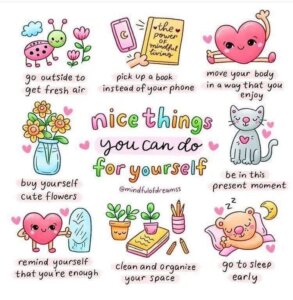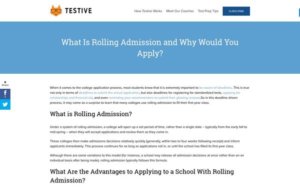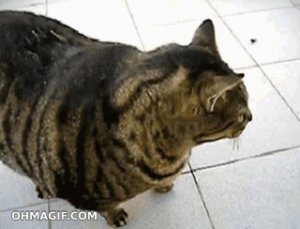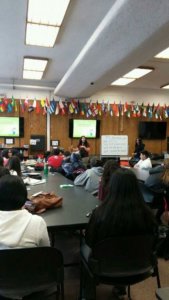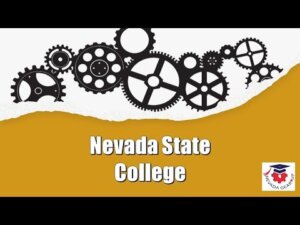 My name is Tanya Smith, and I am the First Year Advisor for GEAR UP at Nevada State College. In my role I have the opportunity to assist first year college students as they transition from high school to higher education. I am like a tour guide during students’ academic excursions.
My name is Tanya Smith, and I am the First Year Advisor for GEAR UP at Nevada State College. In my role I have the opportunity to assist first year college students as they transition from high school to higher education. I am like a tour guide during students’ academic excursions.
During your academic journey you may hear the term growth mindset several times. Teachers may remind you to adopt a growth mindset whenever you encounter challenges with your course work or a school counselors may tell you to have a growth mindset when you are afraid of stepping out of your comfort zone. There may be posters around the school extolling the virtues of having a mindset focused on growth. The term growth mindset is ubiquitous in education – but what exactly does it mean to have a growth mindset in practical terms?
As a recent graduate that majored in psychology, I will refrain from diving into the literature and the history of growth mindset. If you would like more information on the topic from that perspective this is a good place to start: https://www.youtube.com/watch?v=hiiEeMN7vbQ
In a nutshell, having a growth mindset means having faith in your ability to learn new skills, gain new knowledge, and master concepts that are complex and challenging when you first encounter them. Growth mindset goes beyond the way you think, it is also about the actions you take to overcome challenges. To illustrate this point, I will provide an example from my personal life.
Growing up I considered myself to be horrible at math. I often said I was not a “math person.” I regularly avoided classes that focused on mathematical concepts, thus reinforcing the belief that I was not good at math. While pursuing my degree in psychology I had to take a statistics course to complete my degree. All the calculations were done by hand, and I was frustrated with myself for struggling to comprehend the concepts. After I received a lower grade than I anticipated on my first exam, I took some time to reevaluate my approach. I realized my belief that I was not a “math person” was hindering my ability to gain mastery in the class. I could not rely on my innate intelligence; I would have to put in additional effort to do well in that course.
I began going to a study group every week after class, went to tutoring for additional support, and took full advantage of my professor’s office hours. My grades slowly started improving and I found myself gaining confidence in my ability to master statistical concepts. I could not just think my way into better grades, I had to put in the work and push past my resistance to accomplish my goals.
That experience taught me a valuable lesson about growth mindset that I apply to every facet of my life. To adopt a growth mindset, we must first evaluate our beliefs about ourselves and then behave in ways that challenge those beliefs.
How do you plan to adopt a growth mindset this year? What limiting beliefs do you harbor about yourself that may be holding you back from your greatness?

